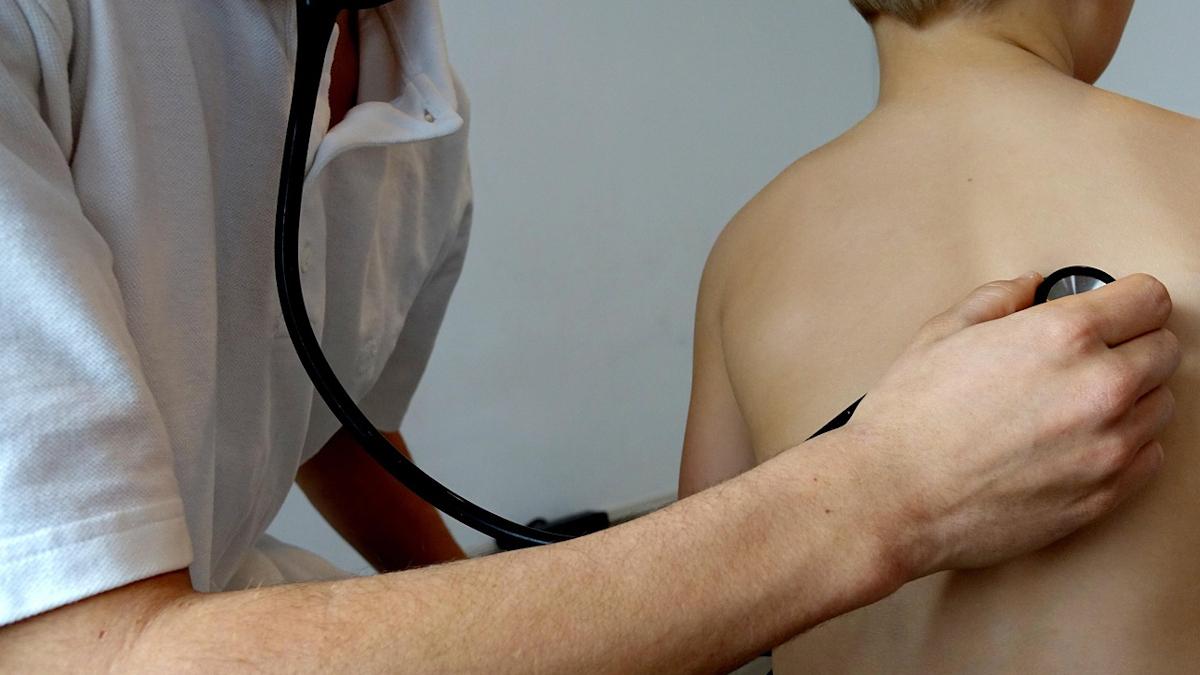Vera prices $250m offer, and other biotech financings

Our round-up of recent biotech financings is headed by a $250 million public offering for late clinical-stage biotech Vera Therapeutics, with an initial public offering (IPO) filed by CAR-T specialist Kyverna and private rounds for Eyconis, COUR Pharmaceuticals, Basking Biosciences, Enterprise Therapeutics, Halia Therapeutics, and NeoPhore.
The underwritten offering of common stock at $31 per share comes shortly after Brisbane, California-based Vera Therapeutics reported new 72-week data from an open-label extension of the phase 2b ORIGIN trial of ataticept, which backed up the role of the drug as a possible treatment for IgA nephropathy (IgAN), a rare disease in which antibodies accumulate in the kidneys, causing inflammation and scarring. It affects around 150,000 people in the US alone and can develop into chronic kidney disease (CKD).
The subcutaneously administered drug, a dual inhibitor of the cytokines B-cell activating factor (BAFF) and a proliferation-inducing ligand (APRIL), is vying to become the first self-administered B-cell modulation therapy and is in a phase 3 trial (ORIGIN 3) due to generate results in the first half of next year. In the phase 2b ORIGIN trial, ataticept was able to stabilise the estimated glomerular filtration rate (eGFR), a measure of how well the kidneys are working, which Vera says is “unprecedented” in IgAN therapeutics development. LifeSci Capital is acting as the lead manager for the proposed offering.
In another sign that the biotech IPO market is picking up, cell therapy specialist Kyverna has filed to raise roughly $211 million from the sale of around 11 million shares at between $17 and $19 each, above its earlier expectations. The proceeds will help to fund its lead CAR-T product candidate, KYV-101, as it moves through clinical development for rheumatological and autoimmune diseases, including lupus nephritis, systemic sclerosis, myasthenia gravis, and multiple sclerosis.
Emeryville, California-based Kyverna was founded in 2018 and is one of several companies aiming to extend the use of CAR-T therapies beyond cancer. It plans to list on the Nasdaq under the KYTX ticker, with the IPO expected to price sometime next week.
Brand new biotech Eyconis, a spinout set up to advance the ophthalmology assets of Denmark’s Ascendis Pharma in collaboration with Frazier Life Sciences, has started its life with $150 million in capital from a syndicate that included Frazier, RA Capital Management, venBio, and HealthQuest Capital.
Eyconis will initially be based in Redwood City, California, and has been granted rights to Ascendis’ ophthalmology products, including a preclinical-stage candidate for age-related macular degeneration (AMD), a leading cause of blindness, that could be dosed just twice a year. The candidate, called Transcon RBZ, is a hydrogel formulation of ranibizumab, the active ingredient in Roche and Novartis’ blockbuster AMD therapy Lucentis, which is now facing biosimilar competition.
COUR Pharmaceuticals attracted no fewer than three big pharma backers for its $107 million Series A, with the VC funds of Roche, Pfizer, and Bristol-Myers Squibb joining Angelini Ventures and the JDRF T1D Fund in a round led by Lumira Ventures and Alpha Wave Ventures.
The funds will be used to support the advancement of the Chicago biotech’s myasthenia gravis (MG) and type 1 diabetes (T1D) product candidates into phase 2a proof-of-concept trials. COUR’s antigen-specific immune tolerance platform is based on nanoparticles that bind to monocyte immune cells and deliver an antigen payload. The company has also signed two partnerships with other pharma partners, with Takeda in coeliac disease and Ironwood Pharma in primary biliary cholangitis.
Columbus, Ohio-based start-up Basking Biosciences has raised $55 million in an unspecific round that will be used to fund a phase 2 trial of BB-031, described as a first-in-class RNA aptamer targeting von Willebrand Factor (vWF) that is intended to treat acute ischaemic stroke. The drug is designed to have a rapid onset and short duration of action, dissolving clots quickly and minimising the risk of bleeding side effects, with the potential for use beyond the current window of opportunity for current thrombolytic therapies. Basking is also working on a reversal agent (BB-025) to switch off its effects if needed.
New investor ARCH Venture Partners led the round, with participation from additional new investors Insight Partners, Platanus, Solas BioVentures, and RTW Investments, as well as existing investors Longview Ventures, Rev1 Ventures, and The Ohio State University.
UK biotech Enterprise Therapeutics has closed a £26 million ($33 million) Series B follow-on round led by new investor Panakes that will be used for a phase 2a clinical proof of concept trial in cystic fibrosis for ETD001, an ENaC blocker designed to help clear mucus from the lungs of patients with the disease.
Existing investors Versant Ventures, Novartis Venture Fund, Forbion, Epidarex Capital, and IP Group also participated in the round, which will also go towards expanding the Brighton-based company’s pipeline of low-molecular-weight compounds targeting the underlying mechanisms of mucus congestion.
Utah-based Halia Therapeutics has completed a $30 million Series C financing for its pipeline of small-molecule drugs led by HT-6184, which targets NLRP3 – an immune sensor protein complex or ‘inflammasome’ that, when activated, triggers the release of the pro-inflammatory cytokines. The financing was led by Todd Pedersen – a Utah entrepreneur and founder of the Vivint smart home device company – with additional participation from existing investors.
HT-6184 inhibits the NEK7 component of NLRP3 and is in a phase 2a trial in India as a treatment for lower-risk myelodysplastic syndromes (MDS), a form of blood cancer. In the US, the Lehi-based company is planning a phase 2 trial in post-procedure inflammatory pain response and a phase 1 in Alzheimer’s disease.
Finally this week, London, UK-based NeoPhore completed a follow-on Series B financing that raised an additional £9.6 million ($12.2 million), taking the total raised to more than £31 million. NeoPhore is building a pipeline of small-molecule drugs that inhibit proteins in the DNA mismatch repair (MMR) pathway, inducing neoantigen expression by tumour cells, so they can be targeted by the immune system. Its lead candidate is in preclinical development.
The round saw new Italian investors NEVA SGR, LIFTT and Simon Fiduciaria join the existing group of CPF (Sixth Element Capital), Claris Ventures, Astellas Venture Management, 3B Future Health Fund, and 2investAG.
Photo by Towfiqu barbhuiya on Unsplash













